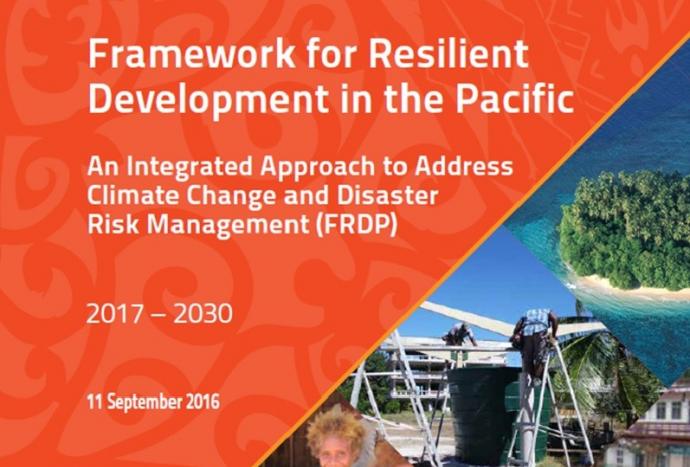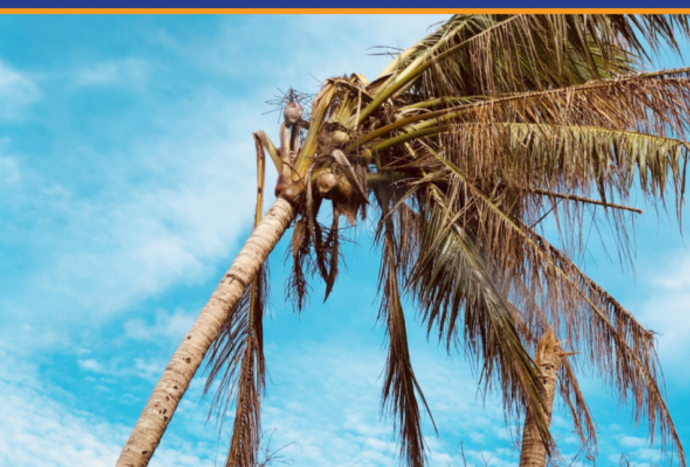Nov 2022 -> Private Sector engagement with Government on Climate Change Adaptation
APIA, SAMOA - The Samoa Chamber of Commerce & Industry (SCCI) in partnership with the Pacific Islands Forum Secretariat (PIFS) through the support from the Pacific Adaptation To Climate Change And Resilience Building (PACRES) Project, coordinated a workshop on Climate Change and Extreme Weather Events for Private Sector engagement. The workshop objectives were to raise private sector awareness on climate science risks and extreme weather events, as well as identify the role of the private sector in national strategies that address climate change under key development sectors such as agriculture, tourism, energy, transport and environment.
“We are fortunate, through the Public Private Partnership, to have the support and participations of the relevant Government ministries and agencies in today’s workshop – the technical expertise and experience from our list of presenters today is warmly welcomed, and we look forward to this great opportunity for dialogue in climate change impacts on the private sector,” said SCCI Members Services Manager, Lote Lima in her opening remarks.
The workshop offered a venue for direct communication between representatives of the private sector and relevant government stakeholders about formulation of policies and the implementation of national climate adaptation strategies. Accessing resources and the prioritized industry sectors where these resources are distributed are two common issues that business owners raised. With these key development sectors identified, participants were able to learn on the respective sector strategies, the supporting activities and the expected outcomes. Equally important are programs, projects, and opportunities for engagement through awareness and visibility, to capacity building or actual implementation through services and supply of goods.
One of the participants, Saifagaloa Sala-Leafa of Pacific Express Samoa Inc. Ltd commented, “I felt that I gained very good overview of the reality of climate change and how I should steer the direction of our company especially in terms of its Business Continuity Planning to ensure that we not only adapt to climate change impacts, but at same time, to be more mindful of how we could contribute to mitigating actions to counter climate change. Personally, I came away feeling a bit more informed on how I could continue dialogue with my staff and work colleagues of ‘how can we help’ and ‘how can we prepare and adapt’. It was certainly a lot of information to try to take in at a small time, but I feel that I have enough info to look into this important matter at a greater detail.”
“The discussions and exchange shall inform an Engagement Strategy for the private sector on climate change that will be developed. This shall guide the role of the private sector in addressing adaptation response as well as mitigation efforts through simplified and accessible climate financing.” Technical Advisor, Ulu Bismark Crawley.
The Samoa Chamber is appreciative of these opportunities and the assistance of the Government and our regional partners in interacting with business about climate change-related issues and exchanging best practices in disaster risk management and mitigation strategies.



